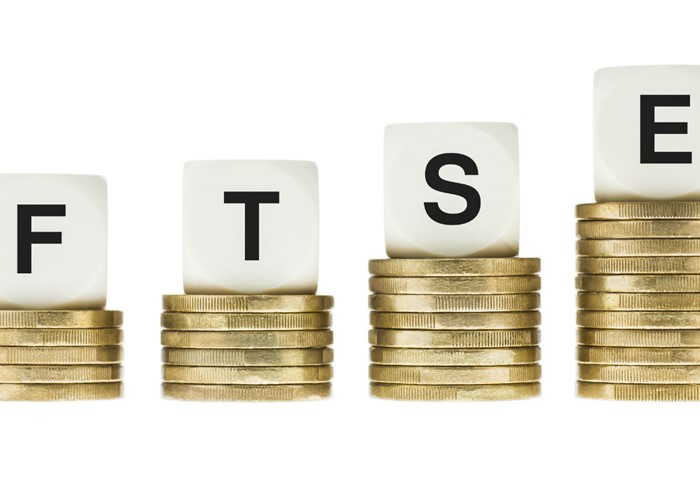Legacy tracker funds '10 times more expensive'

Fees on some passive fund have been described as the “worst cases of overcharging in the industry”.
Long-term fans of tracker funds need to ensure they aren’t being hit with extortionate investment fees.
That’s the message coming from the asset management industry, after it was revealed that investors – particularly those in legacy tracker funds – could be paying well over 10 times more than they need to.
Heavy competition in the tracker fund sector has seen asset managers slashing fees in recent years, with some charging as little as 0.06% for access.
By contrast, there are a wealth of funds out there hammering investors with fees in excess of 1%.
Mike Barratt, director at financial consultants The Lang Cat, went as far as to describe such funds as “the worst cases of overcharging in the asset management industry.”
Tracker funds aren’t always cheap
The boom in popularity of passive tracker funds has largely been driven by investors keen to avoid the extortionate cost of active investing.
However, this new research highlights the danger of simply assuming a fund that simply tracks an index is going to charge minimal fees.
Compare all your investment options with loveMONEY (capital at risk)
Who’s charging hefty fees on passive investments?
The FT analysed a host of tracker funds and found the following were among the worst offenders:
FTSE All Share trackers:
- Janus Henderson;
- Virgin Money;
- Halifax;
- Columbia Threadneedle;
- Aviva Investors, according to FT analysis.
FTSE 100 trackers:
- Janus Henderson;
- Santander;
- Halifax;
- Scottish Widows;
- Legal & General Investment Management.
The research found the priciest funds were mostly those set up before the 2013 regulations banning asset managers from paying commission to financial advisers.
Peter Sleep, senior portfolio manager at Seven Investment Management, told the FT: “I suspect the vintage of these funds suggests why they are relatively expensive.
“They were launched at a time when the ETF market was in its infancy and buying online through fund supermarkets was very new.”
Compare all your investment options with loveMONEY (capital at risk)
How to avoid rip-off fees
If you have been investing in the same tracker for some years, it’s vital you see how fees compare to some of the cheaper funds on the market
Why not start by having a look out at our round up of some of the best low-cost investing options. These are all passive options – if you’re interested in active-management without the sky-high costs, have a look at our review of Investec Click & Invest.
Alternately, if you’re completely new to investing and are willing to take on risk in order to beat paltry savings rates, have a look at our beginner’s guide to investing platforms.
Comments
Be the first to comment
Do you want to comment on this article? You need to be signed in for this feature